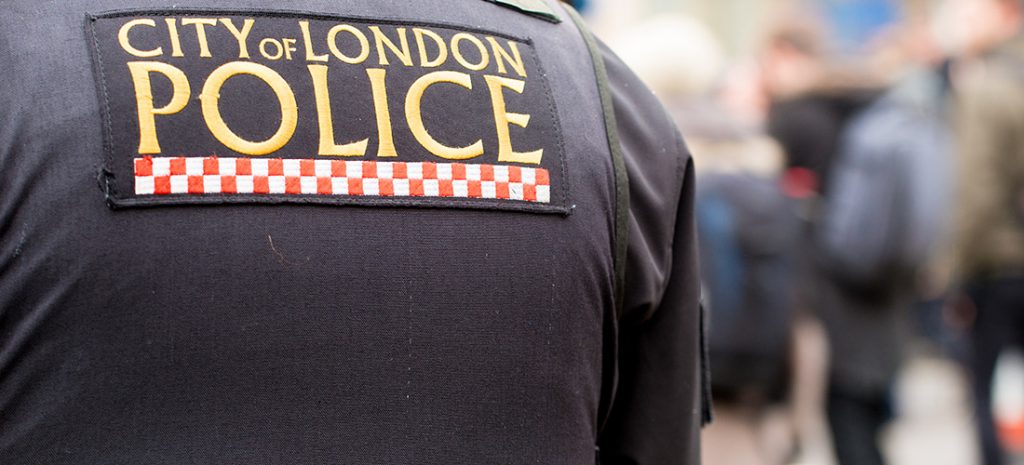Many of us think nothing of using public Wi-Fi networks to catch up on emails, browse the web or check social media. However, you could be inadvertently giving away more information than you think. Many opportunistic criminals hack public Wi-Fi systems or even create their own networks to access people’s passwords and other private information.
Action Fraud, the City of London Police, Cifas and Equifax have launched a new campaign tackling identity fraud, using the hashtag #AreYouOneOfThem. A YouGov survey commissioned by Equifax demonstrates that people are aware they need to improve their online security, but are not taking the right steps to do so. 55% of people surveyed said they use public Wi-Fi that is not password protected, and 37% said they use the same password for multiple accounts.
Cifas, one of the UK’s leading anti-fraud agencies, released new figures showing that identity fraud has reached the highest levels ever recorded, with 172,919 cases reported in 2016. Identity fraud also represents more than half of all fraud recorded in the UK, of which 88% is perpetrated online.
Commander Dave Clark from the City of London Police commented: “there is no doubt that identity fraud is a growing problem and this is why we have launched our #AreYouOneofThem campaign. We want to draw people’s attention to identity fraud and to highlight the risks they face when sharing details online.”
How to protect yourself from identity fraud:
- Check the privacy settings on your social media channels and think twice before sharing any kind of information.
- Protect your devices with complex passwords.
- Install anti-virus software on your devices and keep it up to date.
- Avoid accessing sensitive apps such as mobile banking on public Wi-Fi.
- Download updates to your software when your device prompts you – they often add enhanced security features.
What to do if you are a victim:
If you receive mail that seems suspicious or implies you have an account with the sender when you do not, do not ignore it. For example, credit reports are often the first place to spot if someone is misusing your personal information. If you see an account or even a credit search that you do not recognise, notify the credit reference agency. They all offer a free service to victims of fraud.
Editorial credit: John Gomez / Shutterstock.com


